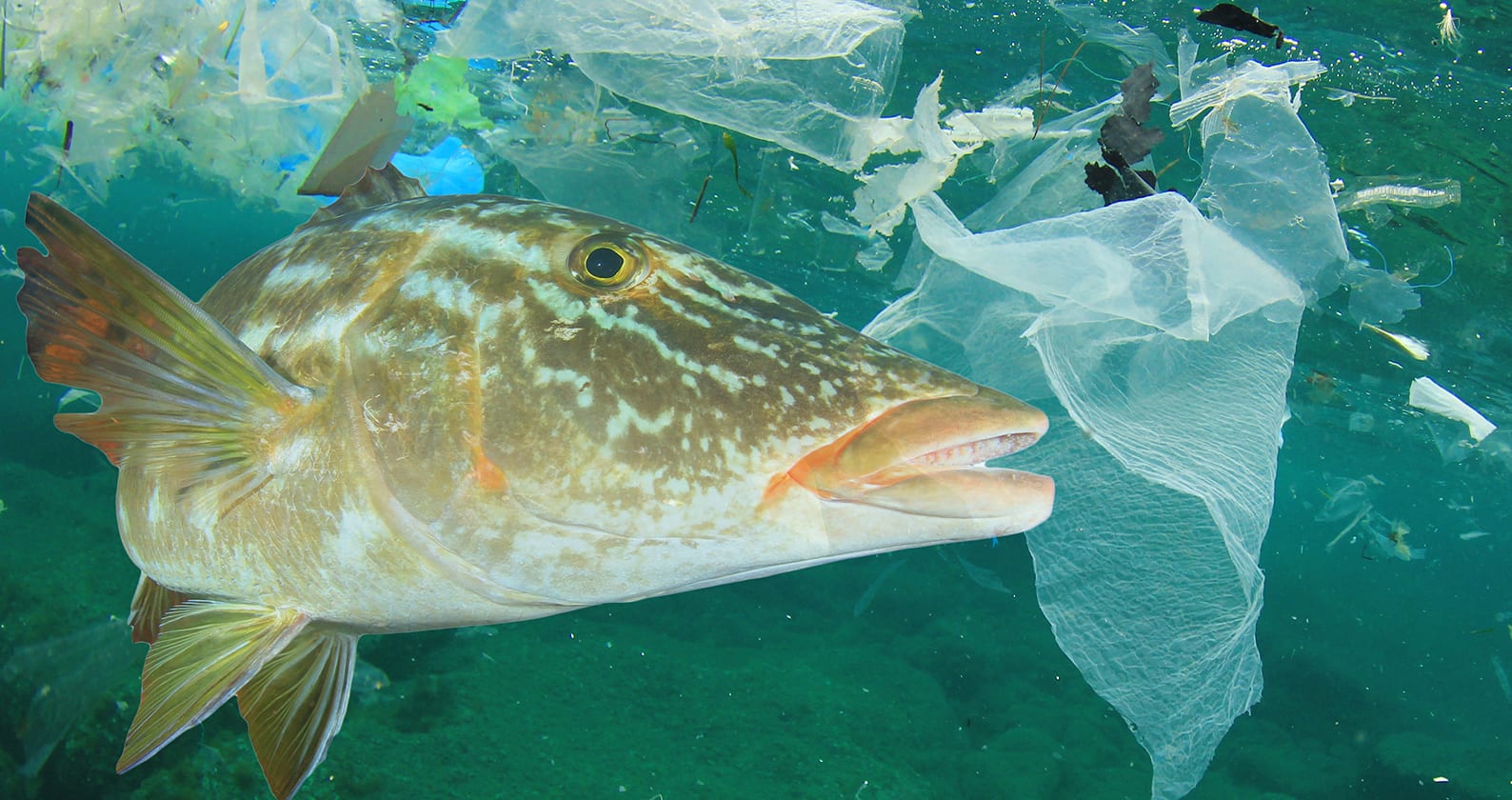Solo yachtsman Jon Sanders will collect water samples to help Curtin University researchers examine the toll plastic waste is having on the world’s oceans during his 11th circumnavigation voyage.
The research, led by the WA-Organic and Isotope Geochemistry Centre (WA-OIGC) at Curtin, will aim to provide an accurate measure – for the first time – of the presence of microplastics, including vehicle tyre dust, pellet spills, textiles, building, cosmetics, and road and marine paints, in unique locations from the oceanic environment.
Each day during the circumnavigation on board Perie Banou II, Jon Sanders will collect ocean water samples that will be processed through filters that will be transported to Curtin researchers.
John Curtin Distinguished Professor Kliti Grice, from the WA-OIGC in Curtin’s School of Earth and Planetary Sciences, said the measurable risks of marine plastic pollution to marine life, ecosystems and fisheries were largely unknown.
“Every year, up to 14 million tonnes of plastic flows into our oceans, breaking down to micro or nano plastics that can be ingested by marine organisms,” Professor Grice said.
“It is not currently possible to rank the risks posed by marine plastic pollution in the marine environment, so this research will aim to set a baseline for the future monitoring of southern oceanic microplastic pollution.”
Professor Grice said Jon Sanders’ support for the research would offer experts vital information that may help preserve the ocean and marine environment.
“During Jon Sanders’ 11th circumnavigation of the world, the water samples he collects each day will provide Curtin researchers with an incredible insight into what impact plastic pollution is having on the world’s oceans,” Professor Grice said.
“The filters collected from the water samples will enable Curtin researchers to develop an accurate measure that will help explain the rate at which plastic is breaking down and polluting our oceans.”
Jon Sanders’ 11th circumnavigation will sail east to west, predominantly in the southern hemisphere, via the Indian, Atlantic, Pacific and Southern Oceans, as well as the Tasman Sea.
The John Curtin Prime Ministerial Library at Curtin’s Perth Campus holds the Project Endeavour Collection, which commemorates Jon Sanders’ solo, non-stop, triple circumnavigation of the world from 25 May 1986 to 13 March 1988, where he covered 71,000 nautical miles in 658 days – the longest distance sailed continuously by any person or vessel.
Jon Sanders will set off on his 11th circumnavigation voyage later this year.



